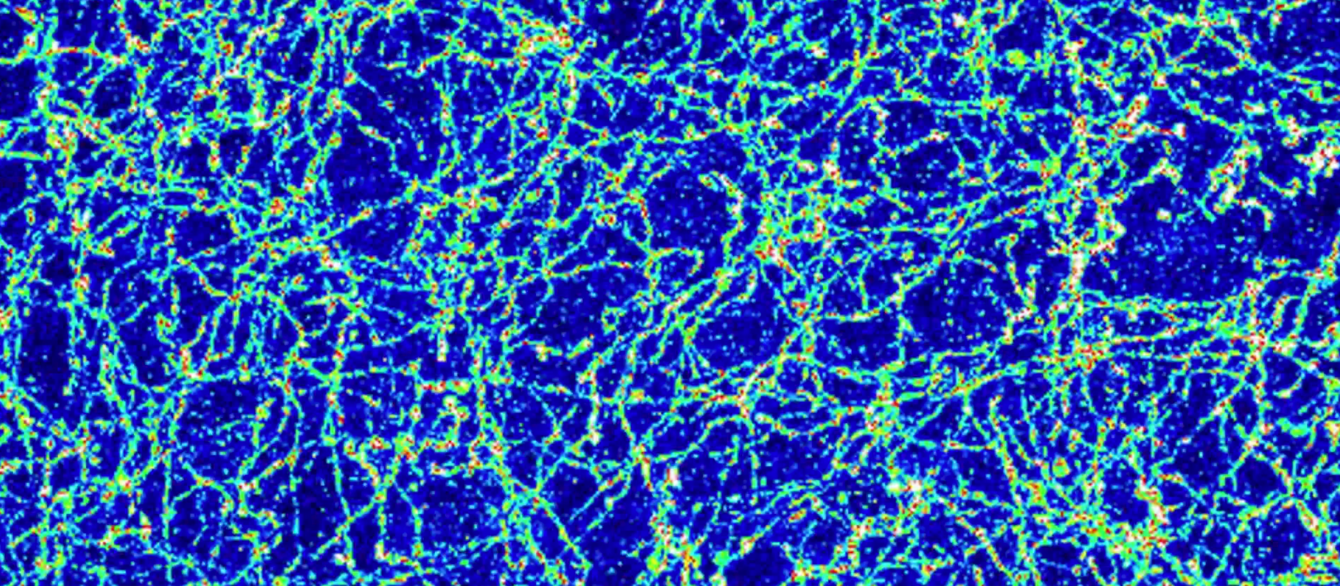How does faulty wiring in the brain contribute to depression?

Columbia researchers have identified a new approach to understanding psychiatric disorders like depression, bipolar disorder, and schizophrenia. Rather than focusing on overall levels of chemicals in the brain, they are examining the brain’s wiring to see how and where these chemicals are distributed.
Tom Maniatis, professor of molecular and cellular biology and director of Columbia’s University-wide Precision Medicine Initiative, and his colleagues have located a gene that allows neurons that release serotonin, a neurotransmitter, to wind throughout the brain. This even distribution ensures serotonin’s uniform and continuous release, regulating emotion and mood.
The researchers deleted this gene from mice, and observed as branches of neurons became entangled. The mice’s neurons still released serotonin, but it no longer flowed evenly throughout their brains. The mice lacking the gene showed striking behavioral differences from normal, healthy mice as they exhibited classic signs of depression such as behavioral despair and enhanced fear memory.
“Most studies focus on problems with the production or uptake of serotonin, not on problems with the brain itself,” said Maniatis. “Wiring anomalies are clearly a new place to look.” Learn more.
Make Your Commitment Today




